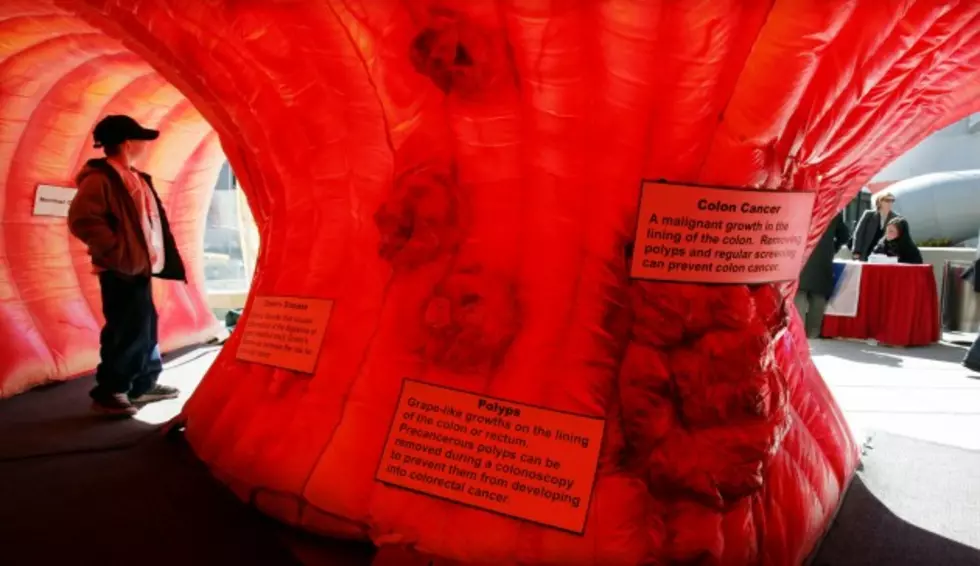
Free Colorectal Cancer Screen Kits Offered
McLaren Cancer Institute, with locations in Flint and across the state, is teaming with the American Cancer Society to offer free at-home colorectal cancer screening kits during March, National Colorectal Cancer Awareness Month.
The screening kits are being offered to people age 50 and older or those with a family history of colorectal cancer, which is the second leading cause of cancer related deaths, killing more then 50,000 Americans each year.
The painless test takes just a few minutes and can be performed in the privacy and convenience of home. This year's kit is easier to use then ever, requiring just one stool sample instead of three and no pre-test dietray or medicinal restrictions. To request a kit, call 1-855-552-KNOW (5669) or visit mclaren.org/cancer.
"When caught and treated early, colorectal cancer is one of the most curable of all cancers," said Dr. Raymond Demers, president and medical directo of McLaren Cancer Institute. "And this year's kit is so simple to use that there's really no excuse for people not to get tested."
Deaths from colorectal cancer have decreased over the past two decades, due in to increased screening and awareness. However, screening rates for colorectal cancer still fall well below screening for other types of cancer, often because people feel embarrassment, fear or shame about getting tested or even discussing testing options with their doctor.
Age is the greatest risk factor for colorectal cancer with more then 90% of cases diagnosed in people age 50 or older. Additional risk factors include a family history of the disease and lifestyle-related factors such as obesity, smoking and a diet high in red meat.
Beginning at age 50, both men and women at average risk for developing colorectal cancer should be regularly screened. People at higher risk, including those with a family history of the disease, may need to start screening before age 50.
Last year McLaren Cancer Institute distributed more then 3,400 screening kits statewide, making it the largest screening program of its kind in Michigan.
"Ealry detection is the key to saving lives," said Dr. Demers. "When we catch colorectal cancer early, the chances for a full recovery are much higher. In many cases, the test alerts us to precancerous polyps that can be surgically removed before the disease progresses."

